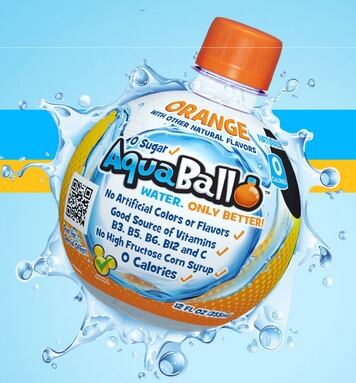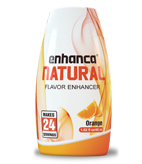Lance Leonard of True Drinks, Sophia Nadur of Tg Green Teas, and Sara Gamay of DreamPak and Press’d all welcome competition from big brands as a way to grow their respective niches – but believe there’s room to work together as well.
The subject was discussed during the soft drink debate at Food Vision in Cannes, chaired by Rachel Arthur of BeverageDaily.com
Food Vision
Food Vision analyses the big issues confronting the global nutrition, food and drink sectors. The 2015 event took place in Cannes this month: read a summary of the speakers and debates here.
Not Invented Here
Sara Gamay from contract manufacturer DreamPak has seen a change in attitude towards the source of innovation.
“It used to be that the big companies would say: ‘We’re not interested in anything we didn’t invent here,’” she said.
“In the last five years, they are now coming and talking to us, there’s a recognition they’re not going to be able to keep up with the pace of R&D and innovation with every new product and every product line extension.
“There’s a lot more willingness to go to a contract manufacturer that has some R&D expertise, and to say: ‘We’re going to work with you’.”
Sophia Nadur previously worked for Coca-Cola but is now co-founder of Tg Green Teas. She wants to see enhanced collaboration between big companies and small start-ups, sharing knowledge and expertise.
“I wish the Cokes and Unilevers and Nestlés of this world would figure out how to do some internal incubation… bring some of these start-up guys in,” she said.
“I think if you get a small incubator team, who knows the industry and has access to people inside the organisation, and has some cash and commitment – you can move things.”
Need for speed
Big players in the drinks industry appear to wait for someone else to innovate – and then buy into the concept, observed the audience at Food Vision. Why is this?

“They’ve realised what they’re good at is not necessarily the creation of products,” said Leonard, who previously worked for Nestlé Waters but is now pushing True Drinks’ 2013 launch of AquaBall (vitamin enhanced beverage for children) forward.
“It’s them knowing small companies can create faster, and they’ve realised what they themselves are really, really good at - which is distribution.
Nadur added: “It’s speed to market; Tg Green Tea took us eight months. In my previous lives, I would never be able to get past the concept stage in six to eight months.”
A big company would not necessarily have the same appetite as an entrepreneur to launch a relatively small, niche brand, Leonard said – with its attention focused on bigger prizes.
Instead, it can come in further down the line by taking a proof of concept, and using its know-how to turn it into a large, worldwide brand.
Welcoming competition
Leonard, Nadur and Gamay all welcome competition from big brands.
Sara Gamay said the power of a big company can raise awareness when innovating in a new niche. As founder of Press’d, she is bringing liquid coffee drops to market.

“How do you create a category like that, a new way of drinking coffee, when you don’t have the budget of a Nescafé?” she said.
“When we launch - if Nescafé did come in - that would actually be fantastic. You’re creating a category, growing awareness, educating consumers, ultimately growing the entire pie. You may get a smaller piece, but of a bigger pie.”
If a big company sits up and takes notice, it validates the work of the fledgling brand, Leonard said.
“If you’re successful at getting a product to market, it’s inevitable that there’s going to be competition, and that people are going to react,” he said. “You’re hoping they’re going to react, you hope your competition takes notice of what you’re doing.
“And you really want to bring awareness to the category, for us [AquaBall] it’s about healthy hydration for children, so if we have our competitors moving in a healthier way that validates what we’re working on and helps educate consumers.”
Nadur added that the addition of companies and brands in her RTD tea category would encourage retailers to create shelf space for her product.
